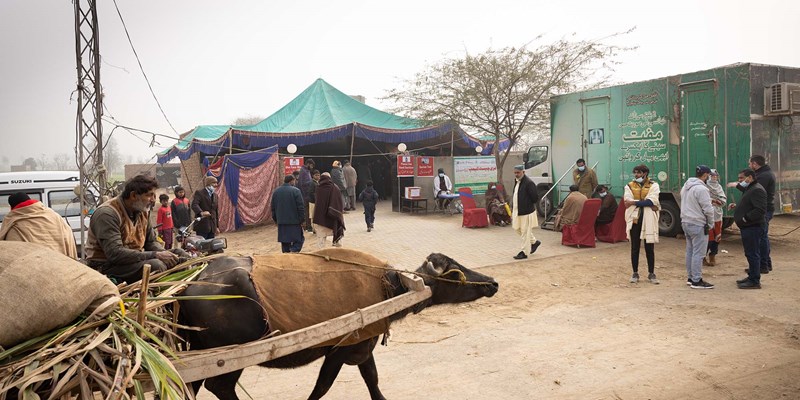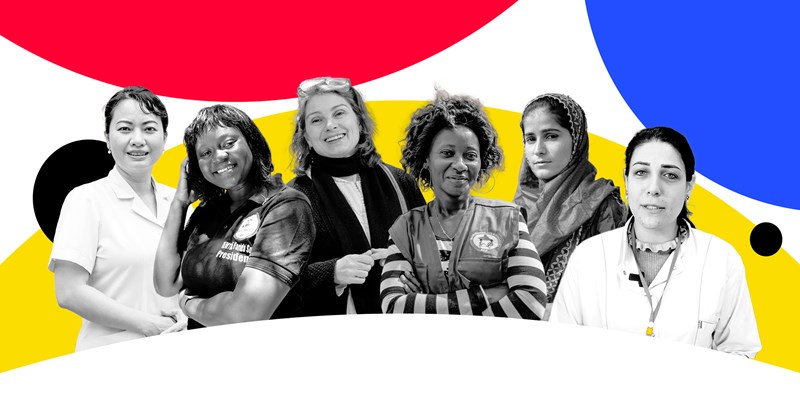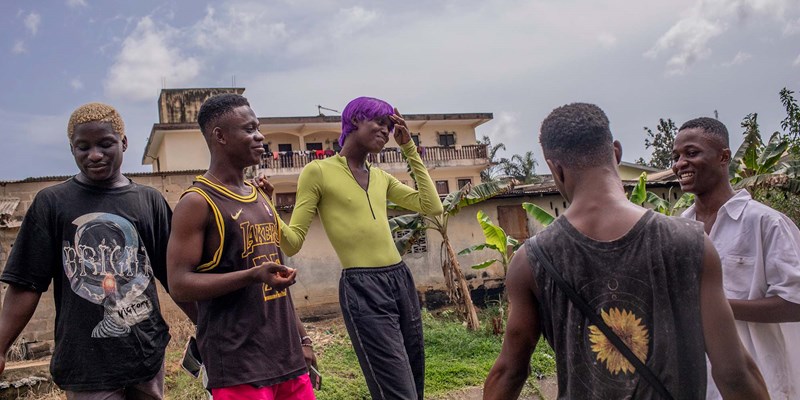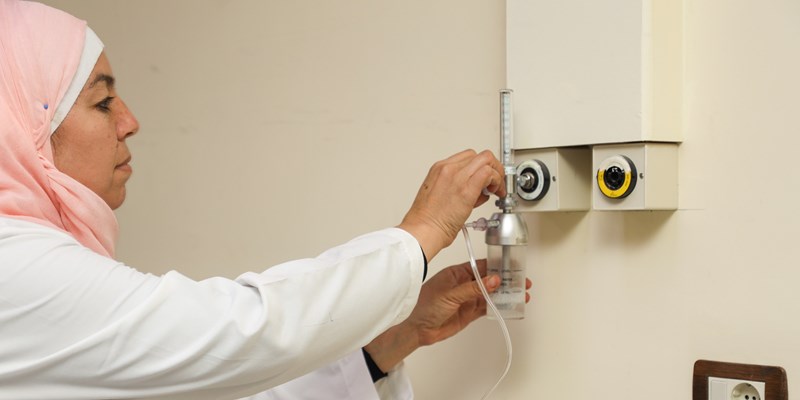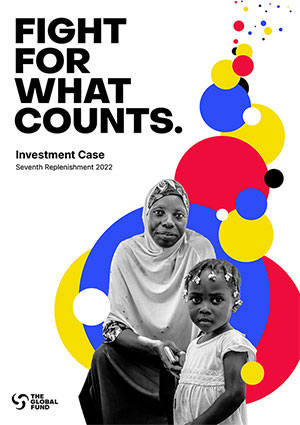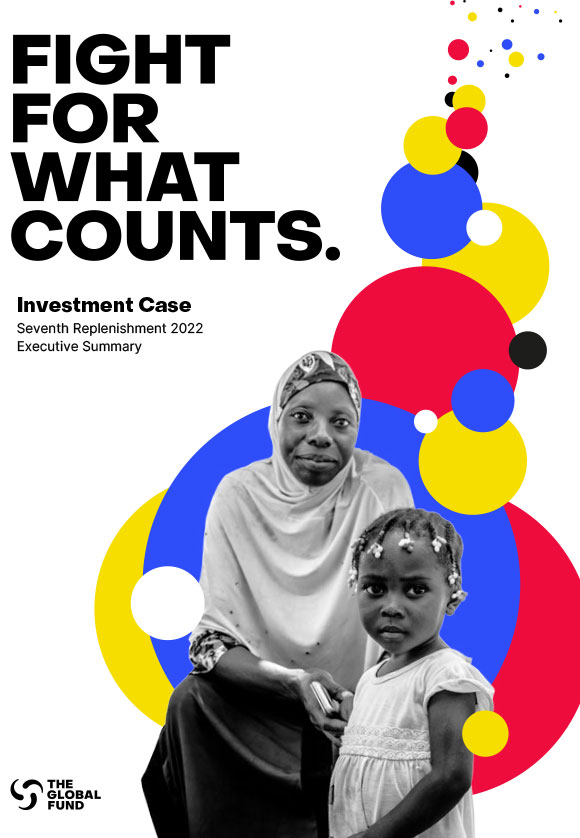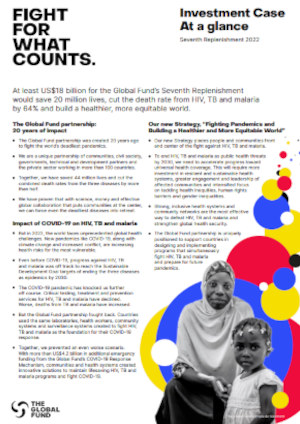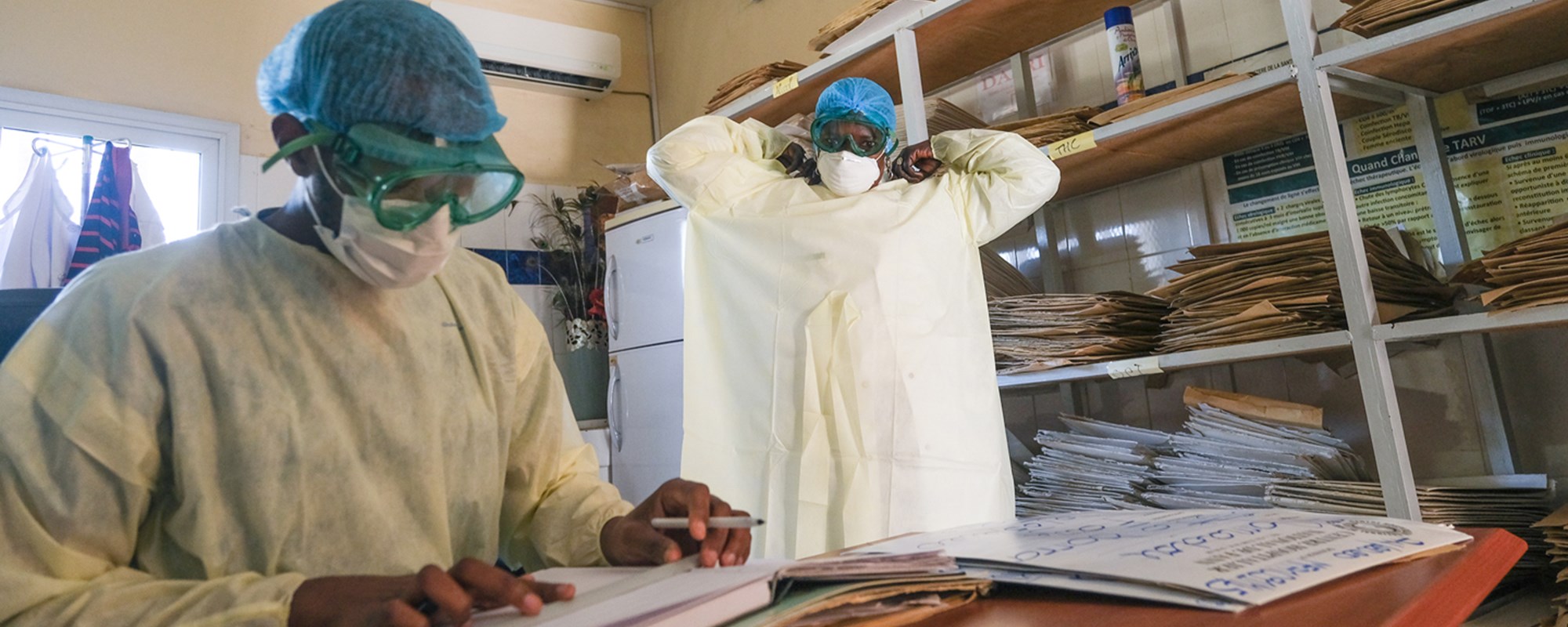

COVID-19 Threatens to Derail Fight Against HIV, TB and Malaria
The following is a heavily abridged version of Peter Sands’ remarks to the 43rd Board Meeting 14-15 May – the first Board meeting to be held virtually due to the COVID-19 pandemic.
As COVID-19 ravages the world, the fight against HIV, TB and malaria is acutely at risk. That fight is not merely at risk of getting knocked off course – it can be derailed entirely.
If health systems collapse, or treatment and prevention services are interrupted, the death toll from these three diseases (and others) will massively outweigh deaths from COVID-19 itself. Millions more lives will be lost.
This is what keeps me awake at night. The partnership that is the Global Fund to fight AIDS, TB and Malaria will have failed if this happens. This is the real test for all of us. It is why we must unite to win this fight.
Our role as a partnership in the global COVID-19 response is to help where we can because, firstly, it is the right thing to do, and secondly, because doing so is necessary to protect the gains made against HIV, TB and malaria and sustain the fight against these diseases.
We also bring a different perspective and approach that otherwise risks getting lost in the COVID-19 response – the involvement of civil society, the need for community leadership and the imperative to protect human rights.
Much of the international COVID-19 response so far has understandably been technology-driven and top-down. But if there’s one thing we’ve learned from the fight against AIDS, that is not enough.
We must recognize our world has changed – dramatically and irreversibly.
Following the global financial crisis in 2008, the worlds of finance, economics, and indeed politics were dominated by the aftershocks and reactions for the best part of a decade.
COVID-19 is much bigger. It will irrevocably rewrite the way the world thinks about global health. It will reshape the relationship between health and finance and economics. It will have profound political effects, both within the countries and for geo-politics. Whether we like it or not, everything we do will now be framed in the context of a world reeling from the shock of COVID-19.
We must demonstrate this is all one and the same fight, that the battle against infectious disease is not a singular battle against one particular virus, but a commitment to make the world safer for everyone.
We must finish the fights we haven’t yet won, such as the ones against HIV, TB and malaria – as well as win the new fight against COVID-19. That also means we must prepare ourselves for fights against pathogens yet unseen. And above all, we must leave no one behind.
A concept of global health security that only focuses on threats to those in rich countries will not work. Global health security must protect everyone, from new threats and old. Global health must be grounded in human rights, and it must simultaneously recognize the equally important role of science and communities.
This is a discussion that’s only just beginning, and the role of the Global Fund is only part of the puzzle. But as we were the world’s answer to the last big pandemic to strike humanity – HIV and AIDS – we are uniquely positioned to offer a perspective.
My nightmare scenario is we get knocked off course on HIV, TB and malaria while the world focuses on COVID-19 – then we inherit the new virus, once it’s no longer a threat to the advanced economies and to elites in capital cities, but is still killing hundreds of thousands – or millions – of the poor and marginalized. Then we’ll be asked to pick up the unfinished fight, as we have with HIV, TB and malaria.
This is not an implausible scenario. And we therefore must engage in the broader debate about how to fight COVID-19 and mitigate its damage in countries which might be easily forgotten by the rest of the world.
The Global Fund is one of humanity’s best creations in global health – a powerful, effective tool to translate global solidarity into millions of lives saved. We have a job to do – to beat HIV, TB and malaria – and we need to finish it. But we also need to recognize that COVID-19 has changed our world.
